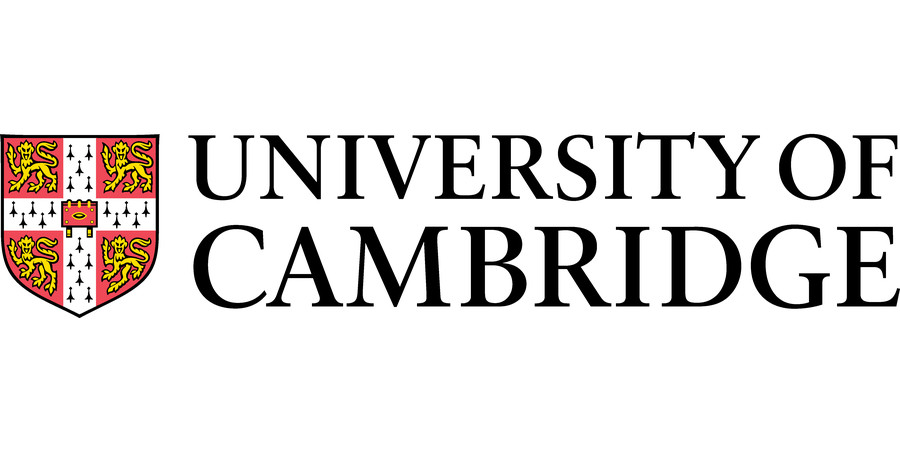AZ funded Non-clinical PhD Studentship (Fixed Term) in Application of Electron Crystallography in the Study of Solid-State Transitions of Chiral Drugs
University of Cambridge - Department of Materials Science and Metallurgy
| Qualification Type: | PhD |
|---|---|
| Location: | Cambridge |
| Funding for: | UK Students, EU Students, International Students |
| Funding amount: | £21,500 per annum |
| Hours: | Full Time |
| Placed On: | 9th October 2025 |
|---|---|
| Closes: | 21st November 2025 |
Funder: Astra Zeneca
Duration: 4 years from October 1st 2026
Supervisors: Prof Paul Midgley (University of Cambridge) and Dr Okky Putra (Astra Zeneca)
Location: The studentship will be based in the Department of Materials Science and Metallurgy, University of Cambridge and the new AstraZeneca Discovery Centre at Cambridge.
Closing date for applications: 21 November 2025 with interviews shortly afterwards.
Stipend: Full funding for 4 years covering a personal maintenance stipend starting at £21,500 per annum and the University Composition Fee.
Fees: These positions are open to UK citizens or overseas students who meet the UK residency requirements (home fees) or are able to augment the funds to cover the extra costs associated with international student fees through scholarships or funding schemes. Students will not be allowed to supplement fees via self funding.
About the project
Understanding crystal structure is crucial not only during the discovery phase, where structural elucidation is routine, but also throughout the development phase, which involves transforming a molecule into a medicine and addressing various chemistry, manufacturing, and control (CMC) challenges. A key aspect of this process is characterizing the solid-state landscape of drug candidates, which can involve complex solid-phase transitions such as the dehydration of hydrates, desolvation of solvates, and solid-solid phase transformations. Selecting the appropriate solid form is essential to ensure consistent and reliable clinical profiles, and it is also important from a regulatory perspective. These challenges are heightened when dealing with chiral drug candidates, which are common among potential therapeutics. Chirality introduces an additional layer of complexity, as it requires precise determination of stereochemistry alongside resolving intricate solid-state behaviours.
Electron crystallography, including 3D-ED and 4D-STEM, has emerged as a promising technique for crystal structure determination; however, its application is not yet routinely adopted for exploring the solid-state landscape or resolving complex solid-phase transitions. The aim of this project is to develop a robust and standardized protocol to probe complex solid-phase transitions in chiral drugs, enabling direct determination of crystal structures at the sub-micron scale. Specifically, we will address two key objectives: (i) probing solid-phase transitions of chiral drugs in situ, with direct structure determination, and (ii) investigating and optimizing methods for chirality determination using electron crystallography.
Candidate
We are looking for a highly motivated and enthusiastic individual capable of thinking and working independently. Applicants should have or shortly expect to obtain a first or upper second-class degree at Masters-Level from a UK university, or an equivalent standard from an overseas university, in a relevant subject such as Physics, Chemistry, Materials Science, Chemical Engineering.
Full details of the University's entrance requirements and scholarships are specified on the following link: https://www.postgraduate.study.cam.ac.uk/
Application Process:
Applications are made through the University’s ‘applicant portal’ via the above ‘Apply’ button.
Informal enquiries may be made by email to Professor Paul Midgley (pam33@cam.ac.uk).
Further information on the application process is available from Dr Rosie Ward (remw2@cam.ac.uk).
Advert information
Type / Role:
Subject Area(s):
Location(s):









